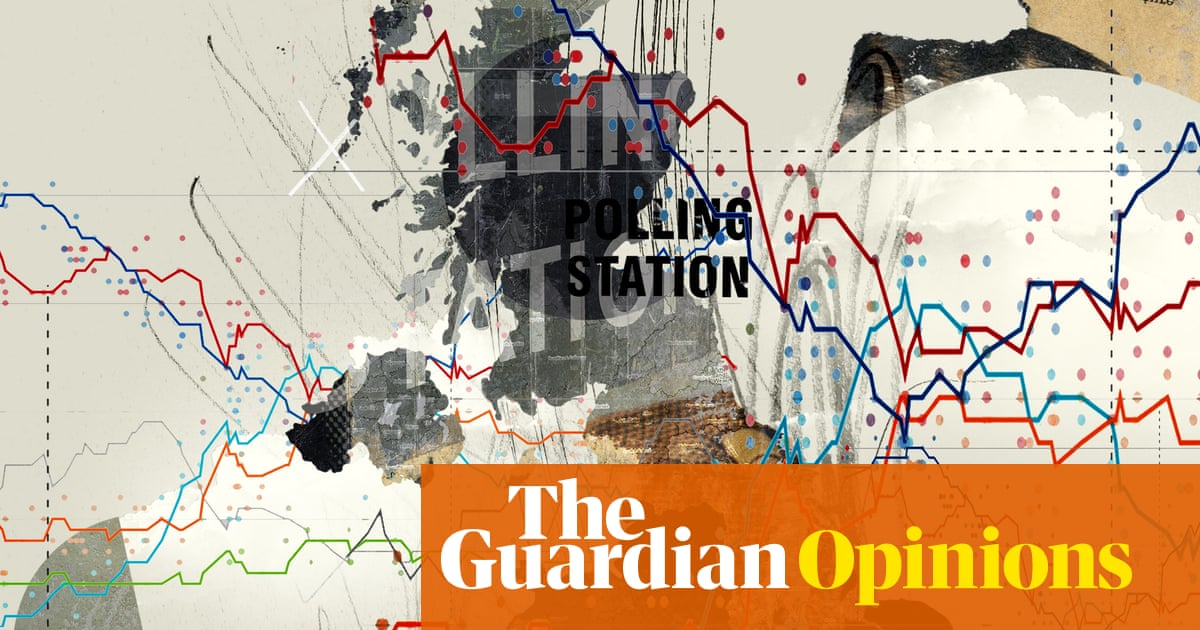
"Only six years ago, at the 2019 election, the Conservatives and Labour got 76% of the vote between them, coming first and second in both votes and seats, as they have at every general election since 1922. Yet in most opinion polls now, the two parties around which politics is usually arranged at Westminster, in the media, and in the minds of millions of voters, activists and party donors have a combined support of less than 40%."
"Not only has Reform UK surged well past them, Labour and the Tories are no longer consistently ahead of the Greens and Liberal Democrats and sometimes level with them, or even narrowly behind. With an inexperienced, hard-right populist party dominating, and an equally unprecedented four-way battle to be Reform's main challenger, British politics appears to be assuming a strange and volatile new shape."
"Electoral Calculus, which converts poll ratings into general election forecasts, currently reckons that Reform will win between 170 and 426 seats, Labour between 33 and 243, the Tories between 14 and 200, the Lib Dems between 29 and 93, and the Greens between 7 and 70. Every party's gains or losses could be hugely magnified or minimised by an electoral system not designed for such multiparty competition."
Two major parties that historically dominated British politics have fallen from commanding combined support to under 40% in most polls. Reform UK has surged ahead, while Labour, the Conservatives, the Greens and Liberal Democrats now compete in an unprecedented multiway contest. Poll-to-seat models show wildly divergent seat forecasts for all parties, with the electoral system likely to magnify or minimize gains. Regional and minor parties also face unpredictable outcomes. Short-term political volatility may intensify because of a difficult upcoming government budget and Labour's current unpopularity, leaving the identity of a future governing party or coalition uncertain.
Read at www.theguardian.com
Unable to calculate read time
Collection
[
|
...
]